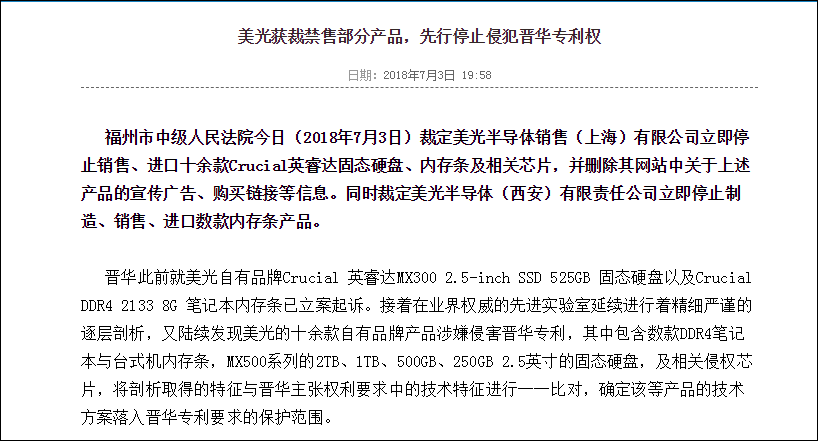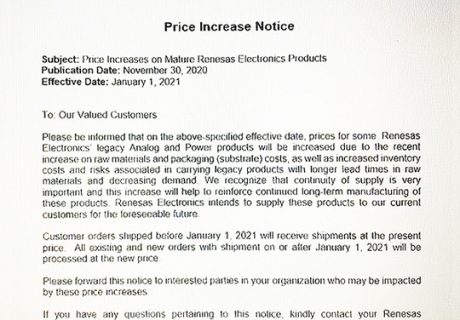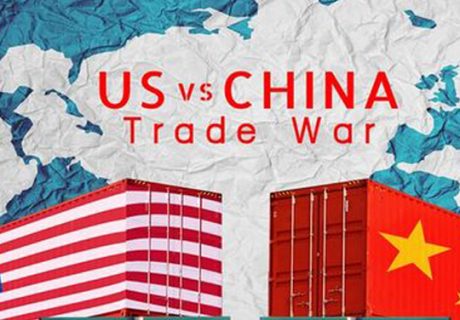A Chinese court temporarily banned Micron Technology Inc. chip sales, cutting the U.S. company off from the world’s largest semiconductor market, Taiwanese rival United Microelectronics Corp. said. In a patent ruling in favor of UMC, the Fuzhou Intermediate People’s Court of the People’s Republic of China issued a preliminary injunction stopping Micron from selling 26 products, including dynamic random access memory and Nand flash memory-related products, UMC said in a statement . Tuesday. Micron said it hasn’t been served with the injunction and won’t comment until it does. Shares in the Boise, Idaho-based company dropped as much as 8 percent.
In a patent ruling in favor of UMC, the Fuzhou Intermediate People’s Court of the People’s Republic of China issued a preliminary injunction stopping Micron from selling 26 products, including dynamic random access memory and Nand flash memory-related products, UMC said in a statement . Tuesday. Micron said it hasn’t been served with the injunction and won’t comment until it does. Shares in the Boise, Idaho-based company dropped as much as 8 percent.
The case is part of a broader dispute between the two companies centering on accusations that UMC acted as a conduit for the theft of Micron’s designs in an attempt to help China grow its domestic chip industry and replace imports that rival oil in total value. A Chinese antitrust regulator is already investigating Micron and its Korean rivals, the companies have said. Local media has reported that authorities are looking into increases in chip prices.
Last year, Micron sued UMC and its partner Fujian Jinhua Integrated Circuit Co., claiming they stole memory chip trade secrets. China accounted for more than 50 percent of Micron’s revenue in fiscal 2017, according to company data.
China is the largest market for semiconductors, yet isn’t home to even one of the top 10 producers of the crucial electronic components. The memory chip market has been increasingly concentrated in the hands of Micron and its two Korean rivals, Samsung Electronics Co. and SK Hynix Inc. They have generated record profits recently from the components that are essential to everything from supercomputers to smartphones.
The Micron ban escalates a trade dispute between China and the U.S. that’s engulfing industries from steel to autos and increasingly also the electronics sector, where the two countries’ economies are heavily intertwined. U.S. President Donald Trump has railed against Chinese companies for allegedly stealing U.S. companies’ intellectual property.
China’s Huawei Technologies Co. and ZTE Corp. are fighting U.S. government action that threatens to cut them off from U.S. suppliers and potential customers. On Monday, the U.S. moved to block China Mobile Ltd., the world’s largest mobile phone service provider, from entering the U.S. market, citing national security grounds. Meanwhile, Qualcomm Inc. is still waiting for permission from Chinese regulators to complete its acquisition of NXP Semiconductors NV. That delayed deal was scheduled to be closed at the end of last year and has been approved everywhere else in the world.
While their governments fight, companies face potential disruption of a complex supply chain that produces most of the world’s smartphones, computers and their components. For example, Qualcomm designs its chips at its San Diego headquarters, then has them manufactured in countries including Taiwan and Korea. The semiconductors then become the most important electronic parts in phones that are mostly made in China and then sold worldwide.



















